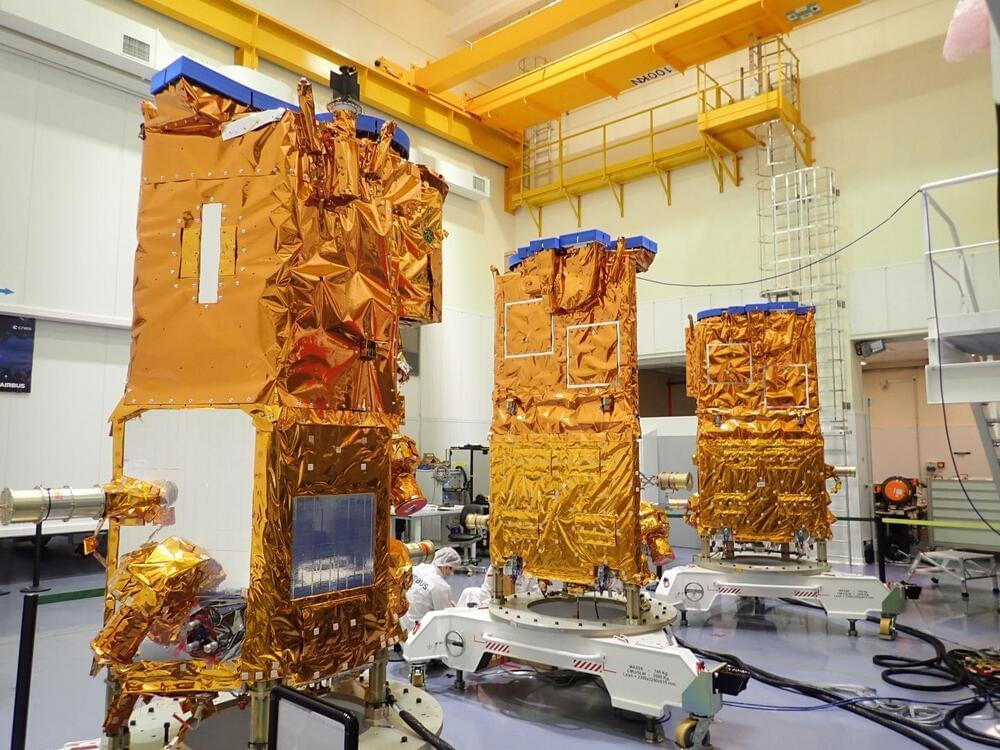Viewers like you help make PBS (Thank you 😃). Support your local PBS Member Station here: https://to.pbs.org/DonateSPACE
Find out how scientists are mapping the black holes throughout the Milky Way and beyond as well as the answer to the Escape the Kugelblitz Challenge Question. Were you able to save humanity?
Get your own Space Time tshirt at http://bit.ly/1QlzoBi.
Tweet at us! @pbsspacetime.
Facebook: facebook.com/pbsspacetime.
Email us! pbsspacetime [at] gmail [dot] com.
Comment on Reddit: http://www.reddit.com/r/pbsspacetime.
Help translate our videos! https://www.youtube.com/timedtext_cs_panel?tab=2&c=UC7_gcs09iThXybpVgjHZ_7g.
Quasars, X-ray Binaries and Supermassive voids at the center of our galaxies … black holes take many forms. In this episode Matt tells us what these different types of black holes are and how scientists are using VLBI, Very Long Baseline Interferometry, to map the different black holes throughout the known universe.
Resolving Microlensing Events with Triggered VLBI


